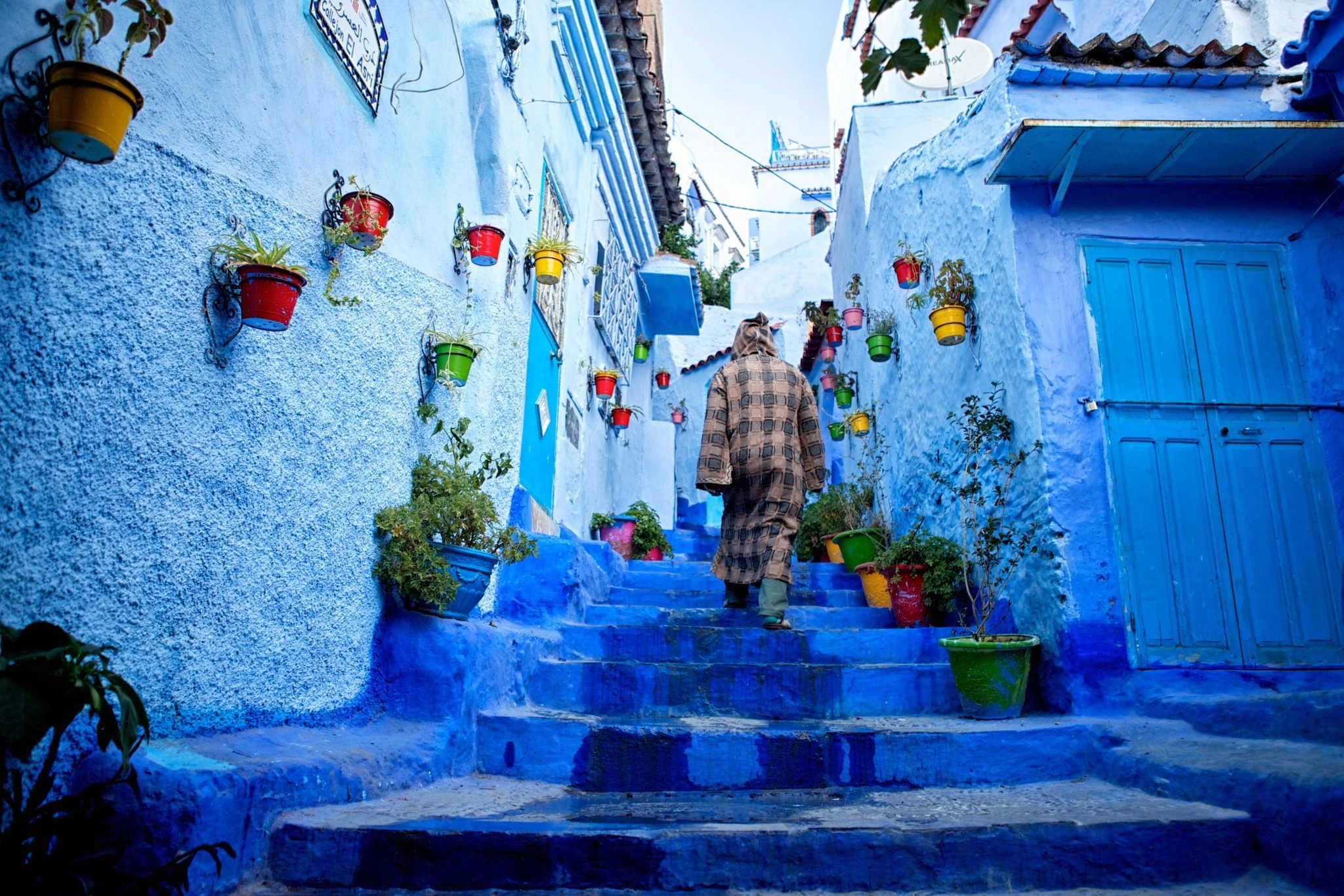[symple_box]
 Professor Tariq Ramadan is a man of no need to introduction. He holds MA in Philosophy and French literature and PhD in Arabic and Islamic Studies from the University of Geneva. In Cairo, Egypt he received one-on-one intensive training in classic Islamic scholarship from Al-Azhar University scholars. Tariq Ramadan is Professor of Contemporary Islamic Studies at Oxford University (Oriental Institute, St Antony’s College ). He is also teaching at the Faculty of Theology at Oxford. He is at the same time a Visiting Professor in Qatar (Faculty of Islamic Studies) and in Morocco (Mundiapolis) and a Senior Research Fellow at Doshisha University (Kyoto, Japan).[/symple_box]
Professor Tariq Ramadan is a man of no need to introduction. He holds MA in Philosophy and French literature and PhD in Arabic and Islamic Studies from the University of Geneva. In Cairo, Egypt he received one-on-one intensive training in classic Islamic scholarship from Al-Azhar University scholars. Tariq Ramadan is Professor of Contemporary Islamic Studies at Oxford University (Oriental Institute, St Antony’s College ). He is also teaching at the Faculty of Theology at Oxford. He is at the same time a Visiting Professor in Qatar (Faculty of Islamic Studies) and in Morocco (Mundiapolis) and a Senior Research Fellow at Doshisha University (Kyoto, Japan).[/symple_box]
Numerous media have been talking about the election of “the first Muslim mayor” in a big European city. He is not the first Muslim mayor in Europe, yet the fact that this is London is not only symbolic but quite revelatory (as a fact in itself as much as by the way it is perceived). We should not be too quick or too simplistic in celebrating or commenting on the election’s result. Five lessons could be drawn from this election:
1. The conservative candidate Zac Goldsmith targeted his rival by focusing on his “Muslim identity” and his “suspicious relationships” with “potential terrorists”. He wanted to divide (or was advised to) by playing the religious and cultural card while Sadiq Khan was aptly focusing on social, economic and political challenges. The former tried to divide the Londoners and lost, the latter called for unity and reconciliation and won.
2. The national rhetoric based on emotional politics, fear and stigmatization (as in some of David Cameron’s discourse) does not automatically work at the local level. The practical struggle for “living (and acting) together” could be successful at the local level, within towns and cities, as opposed to the simplistic and dangerous political rhetoric nurturing racism, xenophobia, division and rejection at the national level. As I have been repeating for 25 years, to counter the national negative political climate and the distorted media coverage, we need national movements formed of local initiatives. A long term socio-political response whereby every single citizen must feel committed.
3. Sadiq Khan comes from a very modest family. He strove at school, became a lawyer and eventually ran for London’s mayoral office. His rival was rich and privileged. So social status still matters. Londoners have not been seduced by the candidate who has money, connections and an impressive support network. They took into account both a personal achievement and a political project. When we see how money could distort political realities in the UK or in the US these days, it is quite encouraging to think there is still another way to do politics.
4. Throughout the world we hear “The Muslim Mayor”. So what? The only thing that matters is his political action. Whoever is Sadiq Khan, whatever his culture of origin and his religion, the parameters to take stock of his job as a mayor are known by all the citizens, and they are clear and common to all. Muslim or not, what matters in politics is competence, integrity and accountability. On this very scale we will measure the man.
5. We must be cautious when celebrating symbols. “The first Muslim Mayor” is not the measurement of success when it comes to the “British model” of multiculturalism. London is London and it has specific features as a cosmopolitan city. It is not representative of the UK’s social realities with its still segregated areas, second class schools and unemployment. There is still a great deal of stigmatization, racism and social injustice in the country towards Blacks, Arabs and more generally Muslims. Remember, the “great symbol” Barack Obama did not really help to improve the disastrous situation of the African Americans and the Latinos in the US over the last 8 years. We love celebrating symbols as much as we are driven by emotional politics. That is dangerous. Symbols matter and are important if, and only if, they are supported by the policies transforming the symbols into the reality of the ordinary people.





